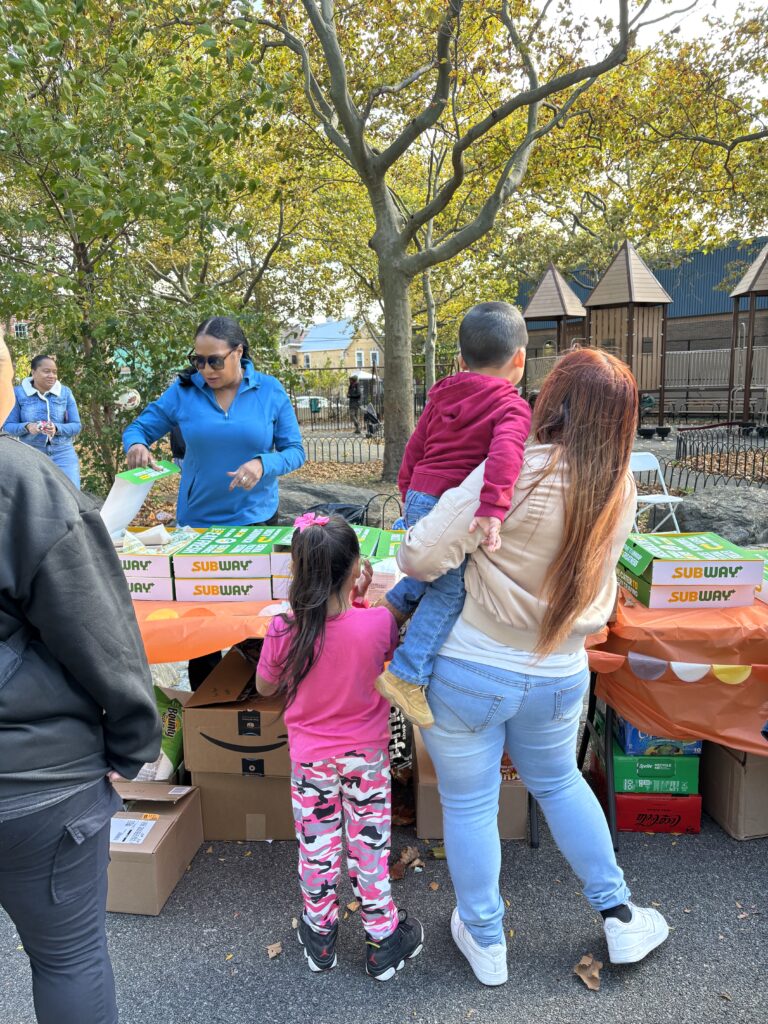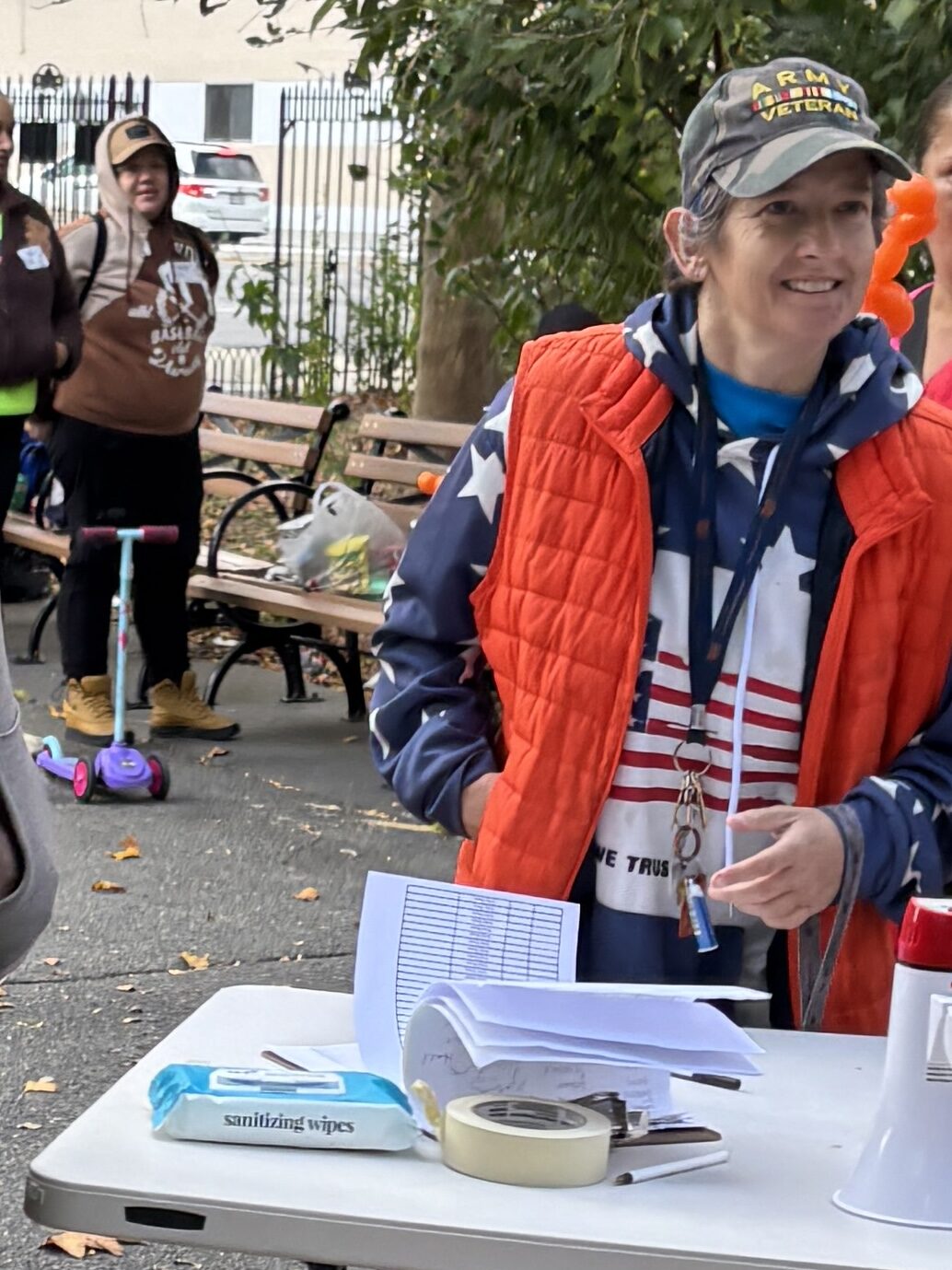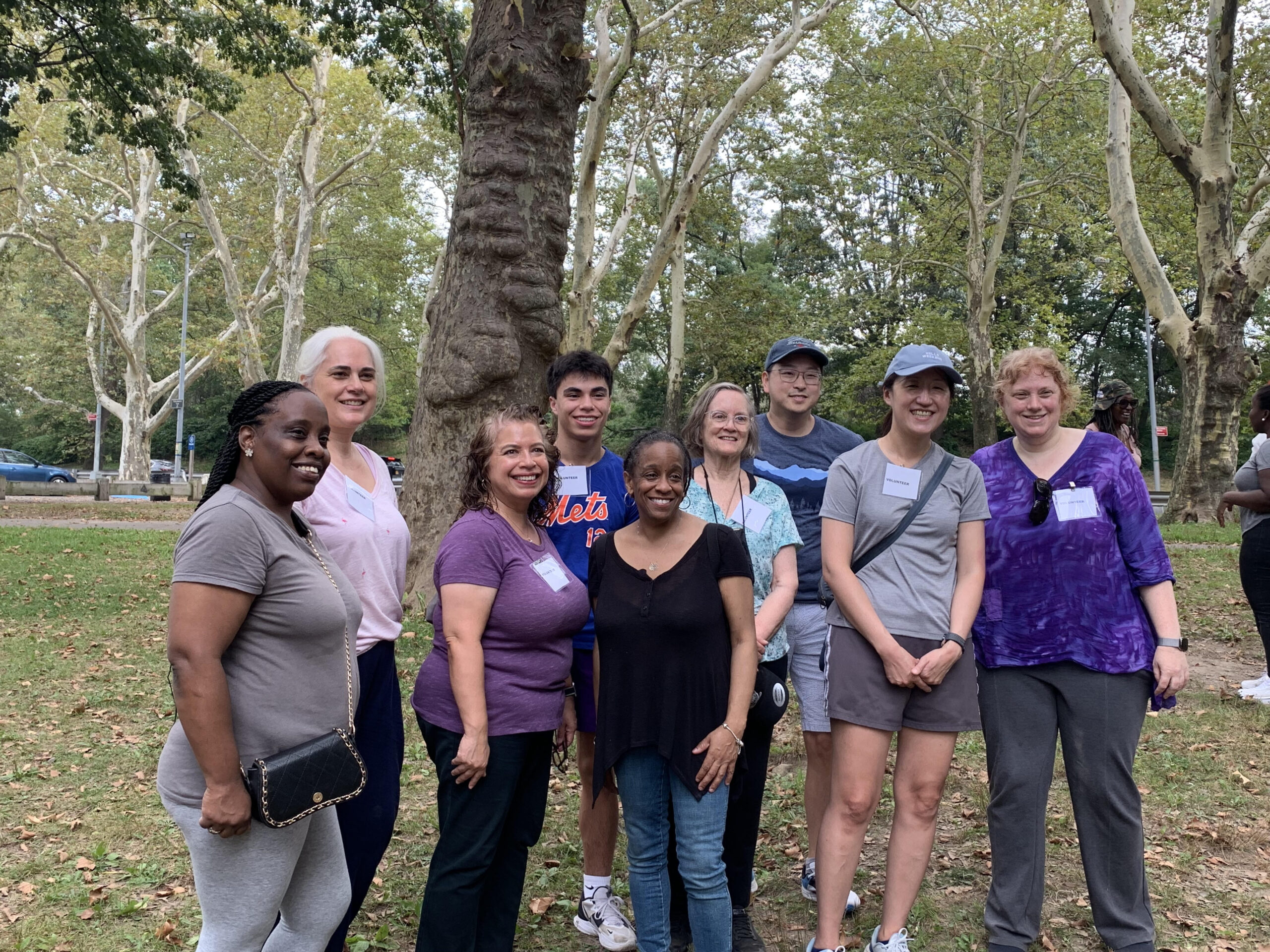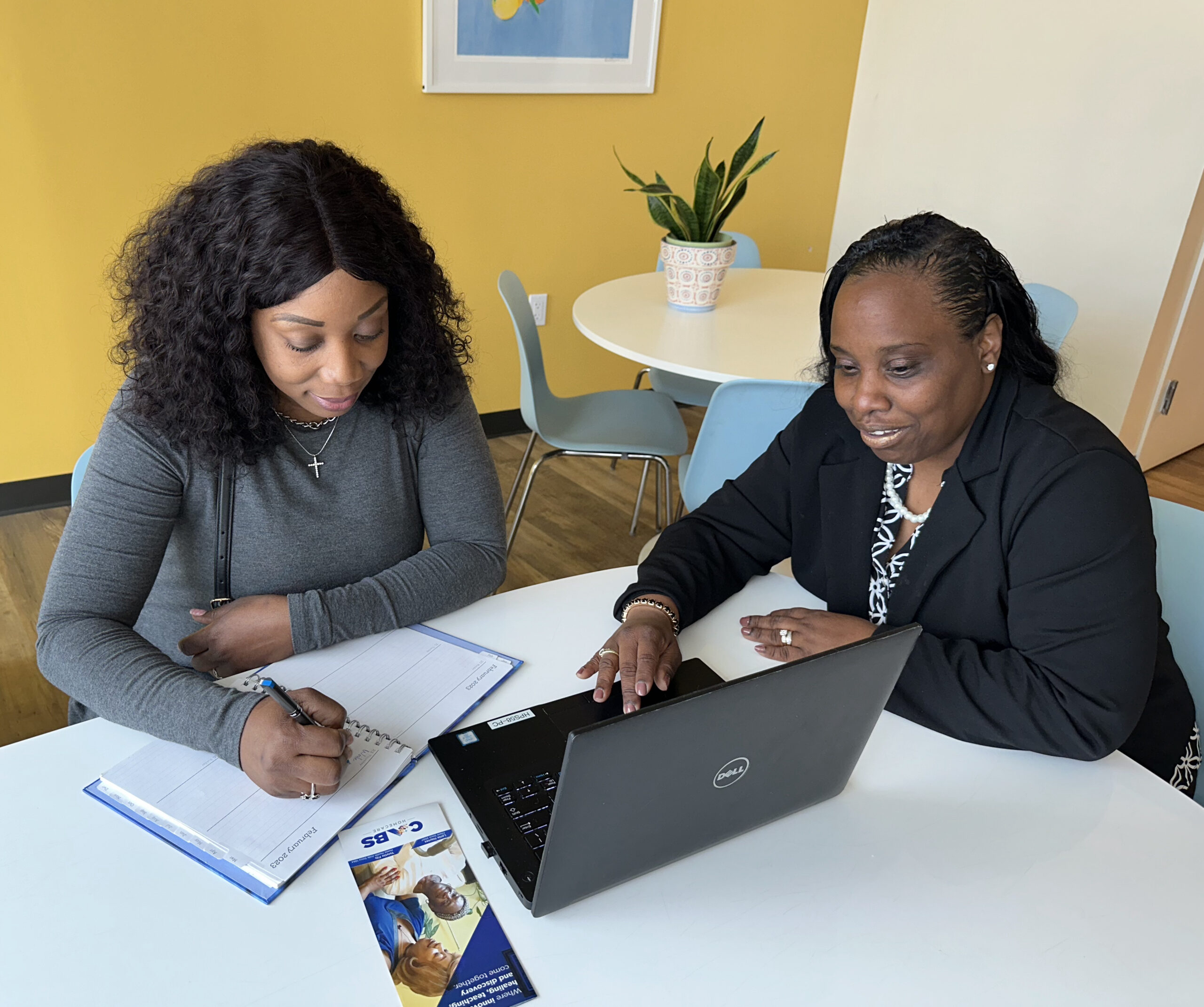Homeless and Chronically Homeless
We provide our permanent housing to people who are experiencing homelessness or chronic homelessness. The term “chronic homelessness” is used to describe those who have been living in an emergency shelter, safe haven or a place not meant for human habitation at least a year – or repeatedly over the prior three years – while struggling with a defined disability (this can include serious mental illness, substance use, or physical disability).
Individuals, Children and Families
We serve both individuals and families through our programs and services. With individuals, we take a holistic approach, looking at the whole person and personalizing our approaches to their needs. Where we work with families, we take the same approach to each family member.
We address the needs and interests of the 231 children we serve with the goal of promoting family well-being, positive social interaction, and self-sufficiency. We help children thrive by providing resources and connecting them to educational, childcare, mental health, and recreational services within their communities. As families transition from temporary shelters into permanent housing, we also identify and assist with the basic needs, from school uniforms, shoes, and notebooks to computers and wi-fi, that allow children to show up, perform in school, and be their best selves. We also work to support family reunification where possible. Indeed it is often in the children of our tenants that we see the greatest long-term impact.

Justice Involved/Reentry
HousingPlus has a unique commitment to those who have been impacted by the criminal justice system, developing alternative to detention programs and helping those with criminal justice involvement to overcome discrimination in access to housing.
In 2009, we created the country’s first Family Alternative to Incarceration Program, called Drew’s House. In 2017, we expanded our justice work by launching our pilot transitional housing program which offers an alternative to detention for women, gender expansive and non-gender conforming individuals being unnecessarily detained, usually at the Rose M. Singer Center (Rosie’s) women’s jail on Rikers Island but also in other facilities.
These individuals are offered transitional housing and help to meet their court obligations alongside supportive services such as case management, mental health and substance use treatment, and vocational and job training. These services are adapted to the unique needs of justice-involved women and gender-expansive people. We are able to accommodate families to maintain unity, and where families have already been separated, we work on reunification. When they are ready, we help to participants to transition out of the program by helping to place them in appropriate permanent housing.
With our partners Greenhope Services for Women, Hour Children, Providence House, and New Hour for Women and Children, we provide 159 units of transitional housing.
Veterans
HousingPlus has been serving Veterans since 2011. In 2014, we launched one of the first permanent supportive housing programs exclusively for female Veterans and their families. Before our program began, women Veterans were served by organizations that primarily catered to men. This created very male-dominated spaces, which female Veterans can find alienating or triggering, especially for those who may be suffering from PTSD. HousingPlus is now the largest provider of permanent supportive housing to female Veterans in New York City with 70 units. We will be dedicating additional units specifically for female Veterans in our new housing developments going forward.

Serious Mental Illness
Many of our program participants have serious mental illnesses, defined as mental health problems that are expected to be of long-continued and indefinite duration and that substantially impair the person’s ability to live independently. Those with serious mental illness are more likely, due to this interference, to experience homelessness and are also likely to have serious challenges in resolving their homelessness. As a Housing First organization, we encourage, but don’t require, these tenants to engage with mental health services.
Substance Use Disorder
Another challenge facing many of our tenants is substance use disorder (SUD), which is a struggle to control the use of drugs, alcohol, or medications that is long-lasting and impedes an individual’s ability to live independently. Persons with SUD can face particular vulnerability to experiencing homelessness. As a Housing First organization, we don’t require sobriety for enrollment in our programs, although we do try to engage participants in harm reduction and treatment activities to the extent possible.

